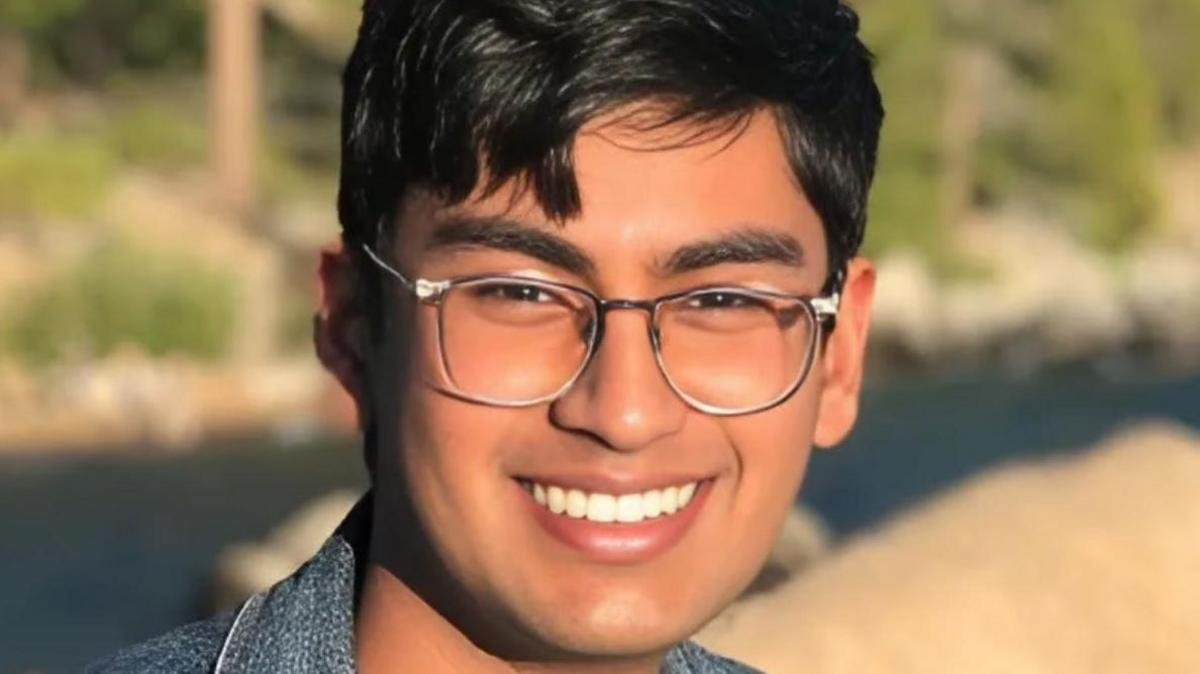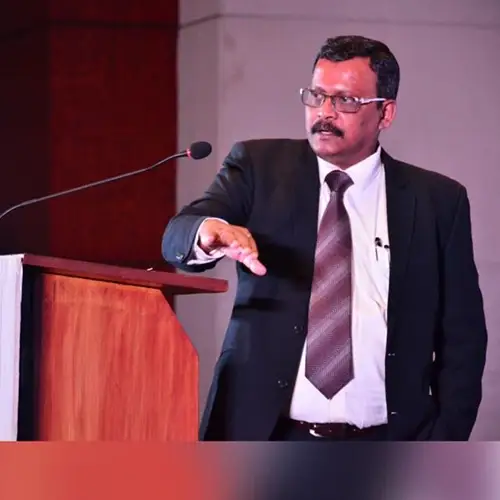
The Controversy Around Suchir Balaji’s Death
Suchir Balaji (1998–2024) was a 26-year-old AI researcher and former OpenAI employee. A UC Berkeley graduate, he contributed to WebGPT and data preparation for GPT-4, work described as “essential” by co-founder John Schulman.
In August 2023, Balaji resigned from OpenAI, citing ethical concerns over the use of copyrighted material for training. He later became a whistleblower, voicing concerns in interviews and preparing to testify in lawsuits against the company.
On November 26, 2024, Balaji was found dead in his San Francisco apartment with a single gunshot wound. Police reported the door was locked from the inside and found no evidence of forced entry.
The San Francisco Medical Examiner ruled it a suicide in February 2025, citing his gun purchase, internet searches on brain anatomy, and no signs of drug use. OpenAI expressed sorrow but avoided speculation.
Balaji’s family, however, rejected this conclusion. His mother claimed he showed no suicidal tendencies and alleged evidence of a struggle. A private autopsy suggested inconsistencies, but the full report remains unpublished.
The family has demanded a federal probe, filing lawsuits against the SFPD for withholding investigative files. They argue the investigation was closed prematurely and lacked transparency.
Speculation deepened when Elon Musk tweeted, “He was murdered,” amplifying family claims. Musk, a critic of OpenAI, has long feuded with Sam Altman, leading analysts to view his remarks as partly strategic.
Altman responded in a Tucker Carlson interview, calling the death a tragedy but standing by the suicide ruling after reviewing official evidence. He rejected Carlson’s direct insinuations of murder.
The controversy reflects broader tensions in the AI industry. It merges ethical debates about data practices with corporate rivalries and political narratives.
Ultimately, while official findings support suicide, unresolved questions and high-profile voices sustain doubt. Unless a federal review is launched, the case will remain a flashpoint in the battle over AI transparency and accountability.











